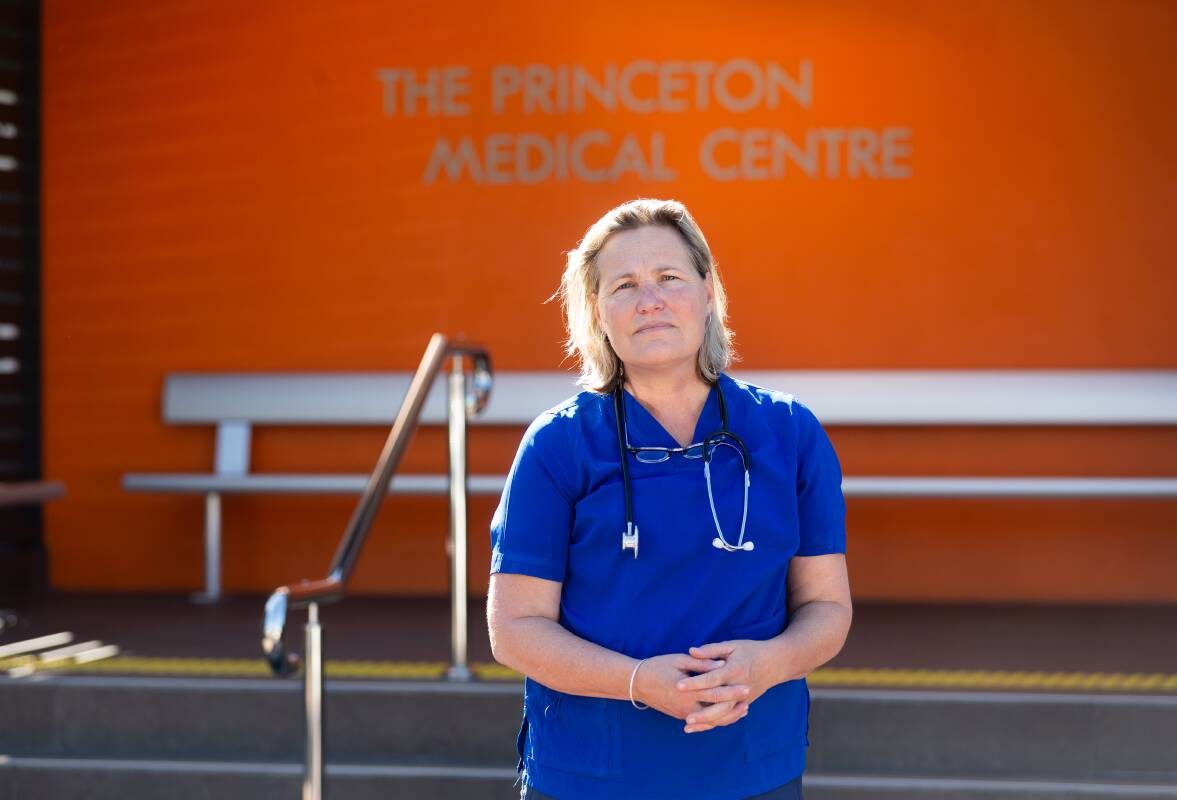
People who don't have a regular GP need an "interim measure" to ensure they can see a doctor in the daytime when needed, Dr Fiona Van Leeuwen says.
Dr Van Leeuwen, chair of the Hunter General Practitioners Association, said a shortfall of GPs had coincided with a rise in chronic illness and "Medicare not being fit for purpose".
She said solving these issues would take time, but some kind of government solution was needed as a stopgap.
"There needs to be something so those people can see a GP," she said.
Her comments follow a Newcastle Herald report on Saturday that Mitchell Patterson and Emma Haining were turned away from the Mater's psychiatric emergency centre on the same night.
Both were in deep distress and suffering from suicidal thoughts. They were sent home in taxis with the number for NSW Health's mental health line and a strong feeling that they didn't get the care they needed.
They had been unable to see a GP to discuss their condition.
Wallsend MP Sonia Hornery said she would raise the matter with the NSW Minister for Mental Health Rose Jackson.
"Someone in a state of crisis, who has a history of suicide attempts and long-term depression, being sent home in a taxi is unfathomable," Ms Hornery said on Facebook at the weekend.
Ms Hornery did not want to "throw blame at healthcare workers who do amazing work under difficult circumstances".
"But this story throws up serious questions about the systems and procedures in our public health system with regard to mental health treatment."
As the Herald reported on Saturday, a Hunter New England Health spokesperson said "anyone presenting to one of our hospitals with a mental health concern is assessed by highly skilled clinical staff".
"Contemporary, best practice mental health care involves management at home when appropriate, with the support of family, general practitioners, as well as other community-based organisations.
"Admission to a mental health unit is only used as a last resort when necessary."
However, the decline in bulk billing, GP shortage and cost of living crisis are having ripple effects.
Mr Patterson had run out of antidepressant medication and couldn't afford to see a GP, as he had taken on more household costs due to a relationship break-up.
Miss Haining's GP had retired and she was looking for a new one.
Dr Van Leeuwen said many people were being "left out in the cold with nowhere to turn but the acute crisis services".
"Everybody needs good and equitable access to daytime general practice care," she said.
"Many conditions can be managed early and well and serious complications can be avoided."
The GP Access After Hours clinic at the Calvary Mater was recently reopened, after being out of action for almost 18 months.
Dr Van Leeuwen said the after-hours clinic was "designed as a service to provide GP care that couldn't wait until the next working day".
"That presumes that people have a GP for the next working day," she said.
Lifeline 13 11 14.
Got a mental health story? Email health reporter Damon Cronshaw at dcronshaw@newcastleherald.com.au







